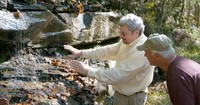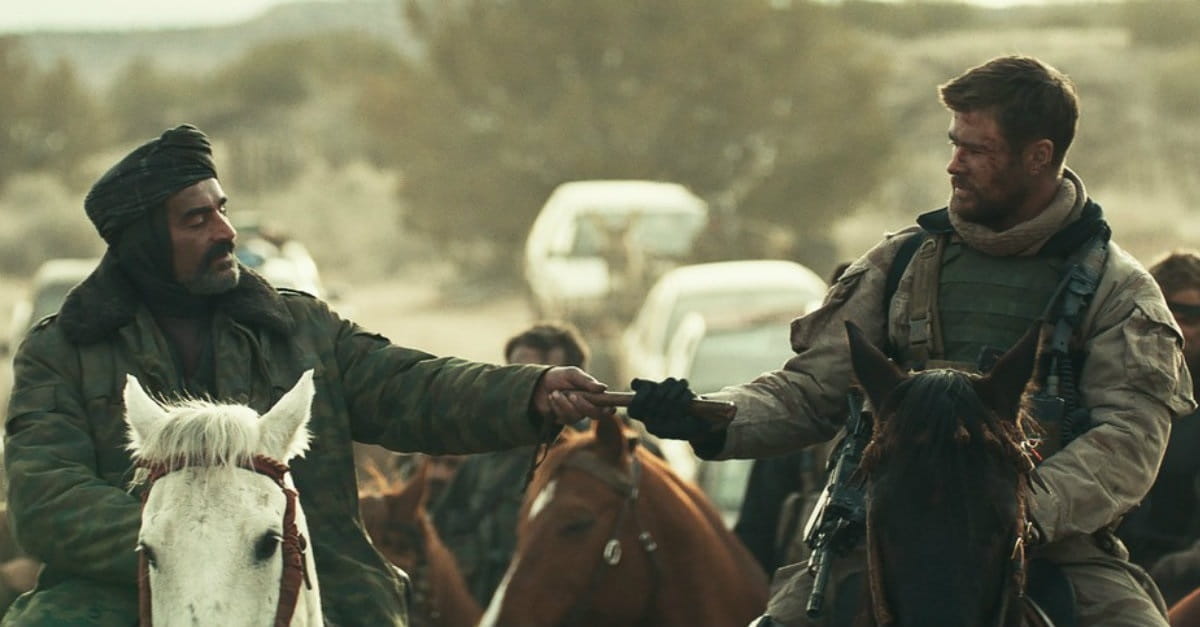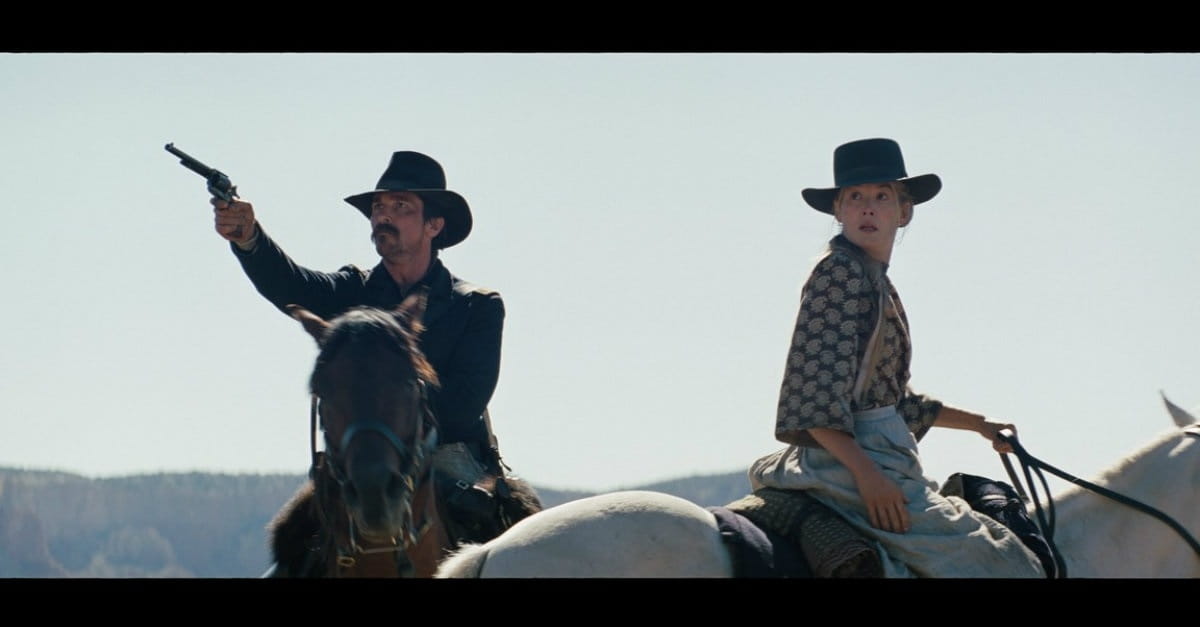Natural Collides with Artificial in Arctic Tale
- Christian Hamaker Crosswalk.com Contributing Writer
- Updated Nov 29, 2007

DVD Release Date: December 4, 2007
Release Date: July 25, 2007 (NY/LA); August 3, 2007 (limited); August 17, 2007 (wide)
Rating: G
Genre: Nature Film, Documentary
Run Time: 96 min.
Director: Sarah Robertson, Adam Ravetch
Actors: Queen Latifah’s narration accompanies footage of polar bears and walruses
With Arctic Tale, National Geographic makes its latest attempt to migrate from small-screen TV specials to big-screen spectacle. This nature film—not strictly a documentary—assembles more than 10 years of footage from the Arctic to tell the story of Nanu, a polar bear cub, and Seela, a walrus cub, as they grow, face down predators, and adjust to climate change.
With so much inherent drama, it’s surprising how artificial the final product feels. Impressively filmed but driven at times by tension that appears to have been created more in the editing room than by events that actually unfolded on camera, Arctic Tale is a mixed bag. Kids will enjoy the on-screen antics, but adults may be suspicious of the excessive anthropomorphizing of these amazing examples of God’s creation. Why did the filmmakers try to turn these wondrous animals into things that closely resemble humans?
We meet Nanu and her brother as polar-bear cubs, born into a “paradise on earth” for “creatures designed for astonishing cold,” according to Queen Latifah, who narrates the proceedings. But shortly thereafter, she informs us that “survival is so brutal here, Nanu and her brother will need three years of training.” Wait . . . I thought it was “paradise” for these creatures? This unresolved puzzle is the first misstep in the film—an attempt to make humans sympathize with animals trying to survive in conditions for which we, but not the animals, are poorly suited.
The bears will face the challenge of finding food, and threats from male polar bears, who are known to kill competitors for food, even their own species. We also meet Seela, who will learn how to survive under the tutelage of Auntie, a walrus who will risk her own life to protect Seela.
Queen Latifah’s quips punctuate some humorous footage of polar bear cubs disappearing in the snow and hunting for food, while a sequence of walruses passing gas en masse is referred to as a game of “pull my flipper.” When Queen Latifah goes silent, the filmmakers insert music, including one silly montage sequence set to “We Are Family.”
Not all is fun and games in the Arctic, however. The audience is told that the animals’ “ancient ways of life are about to be tested” as the ice on which they hunt, play, and gather softens and breaks due to warmer temperatures. A shot of Nanu on a piece of stranded ice is one of the more memorable images from Arctic Tale, which nevertheless concludes on a positive note about the cycle of life for these creatures. However, parents may want to pay close attention to the end credits, during which several children appear and instruct other young viewers about how they can work with their parents to fight global climate change. One youngster’s exhortation that may disturb parents tells young viewers to ask their teachers—not their parents—about global warming.
Arctic Tale is a family friendly film that won’t disappoint younger viewers, but adults would be better directed to the many superior nature films of recent years, including Winged Migration, Microcosmos and The Leopard Son, to name just three.
Questions or comments about this review? Contact Christian Hamaker at crosswalkchristian@earthlink.net.
CAUTIONS:
- Language/Profanity: None.
- Crude Humor: A “pull my flipper” sequence of walruses passing gas.
- Sex/Nudity: An animal mating ritual is described as a “communion as old as time.”
- Violence: Polar bears attack walruses, who fight back; a bear eats its kill; an animal starves to death.














